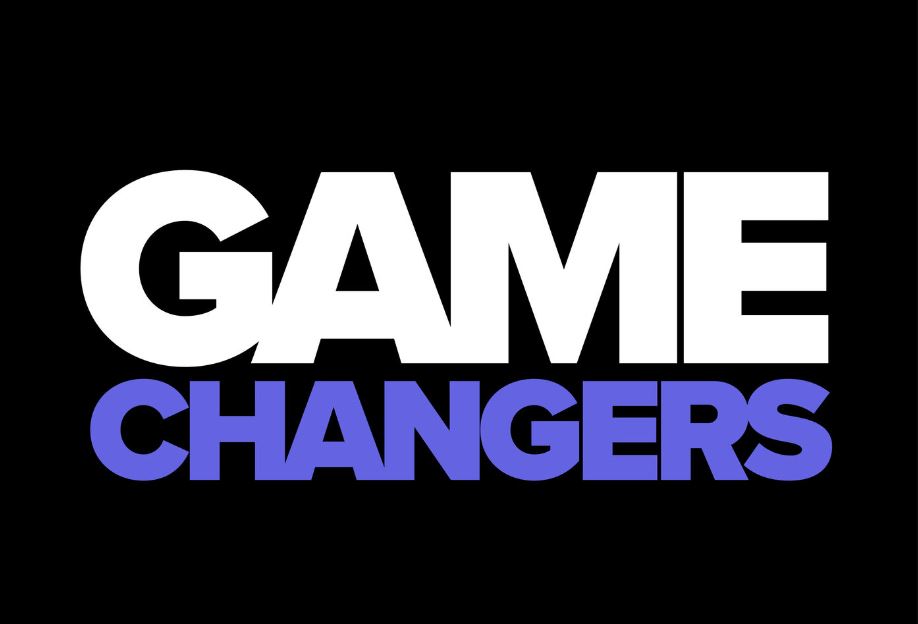A heated discussion has been created within the domains of university athletics and academics about the subject of whether or not college players should be compensated for their efforts. From one point of view, some arguments advocate for equitable remuneration, taking into consideration the enormous amount of cash that is created by college athletics. Opponents, on the other hand, underline the need to preserve the amateurism of collegiate sports and the usefulness of scholarships as a form of remuneration. They also stress the necessity of sustaining the honor system. Within the scope of this paper, we shall investigate the complex nature of the matter at hand, diving into the primary reasons in favor of and against rewarding undergraduate athletes.
Pros of Paying College Athletes:

Fair Compensation for Revenue Generation:
There is a large amount of cash that is created by collegiate sports teams, which is one of the key justifications in support of compensating college players. Football and basketball are two examples of high-profile sports that result in huge revenue rewards for colleges and athletic departments. The argument that athletes, who are the primary contributors to this money via their ability and accomplishments, should be entitled to a portion of the earnings is put up by advocates.
Time Commitment and Demands:
The amount of time and work that college players put into their particular sports is quite remarkable. It is not a simple undertaking to juggle the intense training schedules, travel, and competitiveness required for competition with academic commitments. Those who advocate for the payment of athletes claim that this devotion ought to be acknowledged and paid, taking into consideration the enormous amount of effort and stress that they are subjected to.
Financial Hardship:
A significant number of student-athletes come from families with poor incomes and struggle to meet their financial obligations while they are attending college. Providing them with a wage or stipend is seen to be a solution to the problems that they are experiencing financially. Through the provision of financial assistance that goes beyond scholarships, athletes would be able to concentrate more on their athletics and academics without having to worry about the weight of financial hardship.
Market Value of Athletes:
Those who are opposed to the existing system point out that coaches and administrators often get big incomes, yet players, whose abilities and achievements greatly contribute to the success of sports programs, do not directly profit monetarily from the system. The recognition of the market worth of athletes and the provision of compensation that is commensurate with that value is a primary argument for those who advocate for payment.
Cons of Paying College Athletes:

Amateurism and Educational Focus:
The notion of amateurism is that college athletes should not be paid, which is one of the key justifications against paying college athletes. Some people believe that the amateur status of the athletes who compete in college athletics is the most important aspect of these activities. A blurring of the distinctions between amateur and professional sports might result from the introduction of money, which could undermine the fundamental principles that underpin college athletics.
Title IX Implications:
Some people are concerned about the possible repercussions that may result from rewarding college athletes with respect to Title IX, which is a federal rule that prohibits discrimination in education based on gender. There is a possibility of establishing discrepancies and difficulties in complying with the legislation, which makes it a challenging issue to ensure that male and female athletes get equal income.
Scholarship as Compensation:
It is argued by opponents that college athletes already get compensation in the form of scholarships, which cover a variety of fees including tuition, lodging and board, and other costs. In addition to providing a chance to continue higher education without the weight of financial responsibility that many students are required to bear, scholarships are seen as a kind of acknowledgment for the achievements that they have made to the sporting programs.
Potential Inequities:
Concerns have been raised about the possibility of injustices arising from the establishment of payment systems for collegiate athletics. Athletes who compete in high-profile sports such as football and basketball may earn more than players who compete in games that generate less money. This might lead to inequities and conflicts within university athletic and athletics programs.
Conclusion:
It is a difficult question to answer since it involves striking a careful balance between the ethics of amateurism, the economic realities of collegiate athletics, and the well-being of student-athletes. The argument of whether or not college players should be paid is quite complicated. On the other hand, opponents stress the significance of preserving the educational emphasis of college athletics and the value of scholarships as a form of acknowledgment, while proponents advocate for equitable remuneration and acknowledge the financial contributions that players make to the sports business.
Finding a compromise that takes into account the issues that are being raised by both parties may become more important as the conversation progresses. This might entail investigating other kinds of pay, such as revenue-sharing models, or improving support systems for student-athletes, to guarantee their general well-being and academic achievement. The ever-changing world of college sports necessitates careful consideration of the ethical, legal, and financial considerations involved in rewarding student-athletes, with the ultimate objective of developing a system that is both fair and sustainable.

